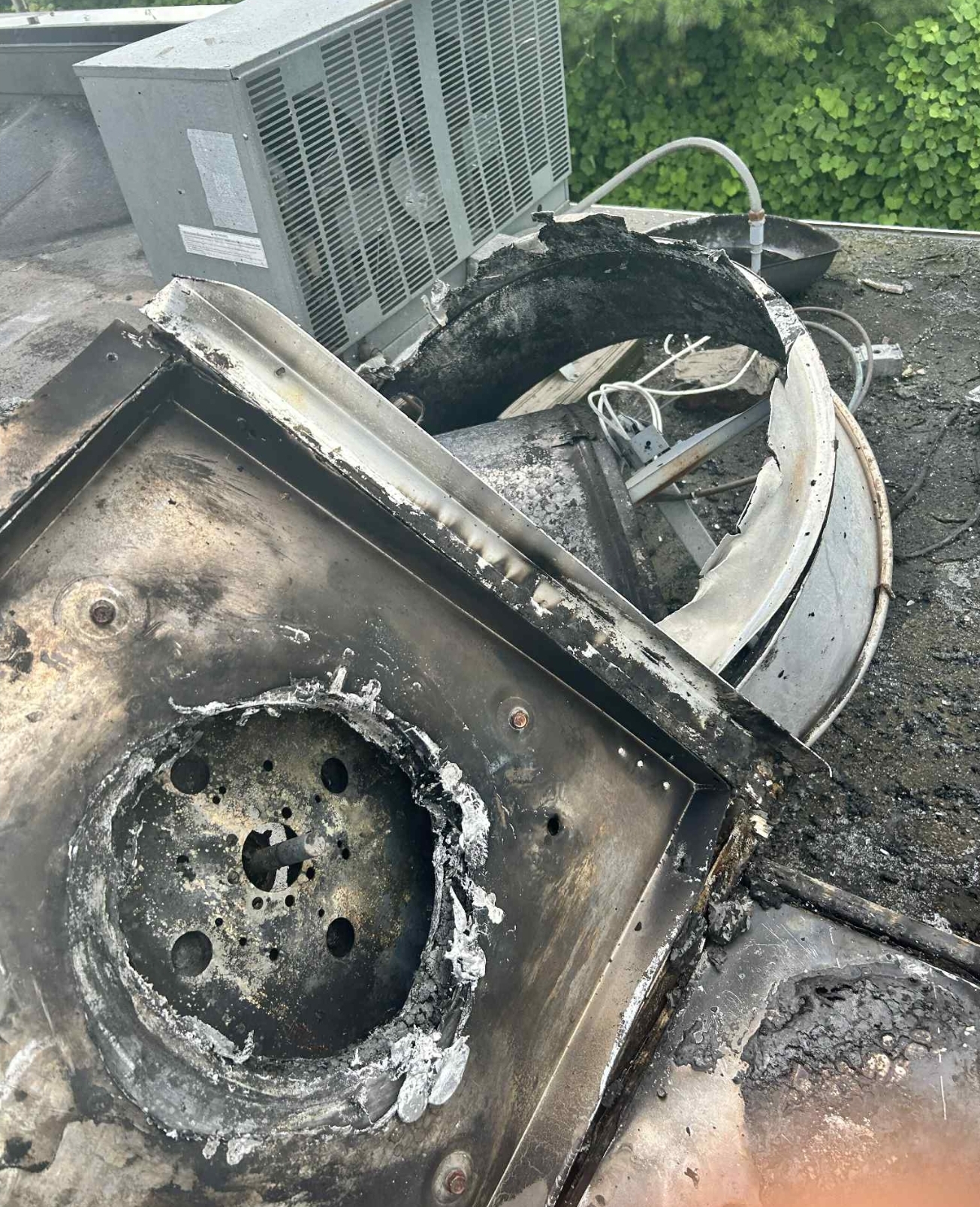How Medicare Covers In-Home Care
Published 10:57 pm Thursday, March 19, 2015
Dear Savvy Senior,
How does Medicare cover home health care? Because of my illness, my doctor suggested I get home health care, but I want to find out how it’s covered before I proceed.
Need Some Help
Dear Need,
Medicare actually covers up to 28 hours a week for in-home health care to beneficiaries, if you meet their specific requirements. Here’s how it works.
In order for you to secure coverage for home health care, Medicare first requires that you be homebound. This means that it must be extremely difficult for you to leave your home, and you need help from a device (like a wheelchair or walker) or a person in doing so.
You will then need your doctor to approve a “plan of care” confirming that you need skilled-nursing care or skilled-therapy services from a physical or speech therapist on a part-time basis. Your doctor can also request the services of an occupational therapist and a home health aide to assist with activities of daily living (ADLs), such as bathing, dressing and using the bathroom. Your doctor must renew the “plan of care” once every 60 days.
You will also need to use a home health agency that is certified by Medicare.
If you meet all of the requirements, Medicare should pay for your in-home care.
But, be aware that Medicare will not pay for home health aide services (such as bathing, dressing or using the bathroom) alone, if you do not need skilled-nursing or skilled-therapy services too. Homemaker services, such as shopping, meal preparation and cleaning are not covered either.
You also need to know that Medicare has recently changed their home health care policy regarding degenerative diseases. They will now pay for in-home physical therapy, nursing care and other services to beneficiaries with chronic conditions like multiple sclerosis, Parkinson’s or Alzheimer’s disease in order to maintain their condition and prevent deterioration. In the past, Medicare would only cover home health services if the patient were expected to make a full recovery.
If you have original Medicare, you can locate a Medicare-certified home health agency by calling 800-633-4227 or by visiting medicare.gov/homehealthcompare. If you have a Medicare Advantage plan, you should contact your plan directly and ask which home health agencies work with the plan and are within the plan’s network of providers.
For more detailed information on how Medicare covers in-home health, see the “Medicare and Home Health Care” online booklet at medicare.gov/pubs/pdf/10969.pdf.
Other Options
If you don’t qualify for Medicare coverage, there are other coverage options depending on your situation, including:
Insurance: If you happen to have long-term care insurance, check to see if it covers in-home care. Or if you have a life insurance policy, see if it can be utilized to pay for care.
Medicaid: If your income is low enough, all states offer Medicaid programs that will pay for some forms of in-home care. To investigate this, contact your local Medicaid office.
Veterans assistance: If you’re a veteran, some communities have a Veteran-Directed Home and Community Based Service program, which give veterans a flexible budget to pay for in-home care.
Also available to wartime veterans and their spouses is a benefit called “Aid and Attendance” that helps pay for in-home care, as well as assisted living and nursing home care.
To be eligible, you must need assistance with daily living activities like bathing, dressing or going to the bathroom. And, your annual income must be under $21,466 – minus medical and long-term care expenses. If you’re a surviving spouse of a veteran, your income must be below $13,794 to be eligible. Your assets must also be less than $80,000 excluding your home and car.
To learn more, see va.gov/geriatrics or call 800-827-1000.
Send your senior questions to: Savvy Senior, P.O. Box 5443, Norman, OK 73070, or visit SavvySenior.org. Jim Miller is a contributor to the NBC Today show and author of “The Savvy Senior” book.





